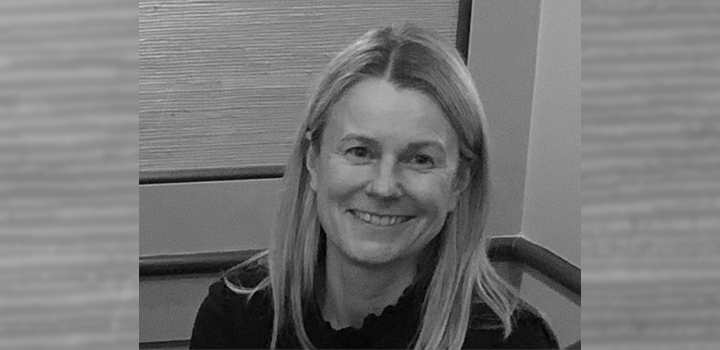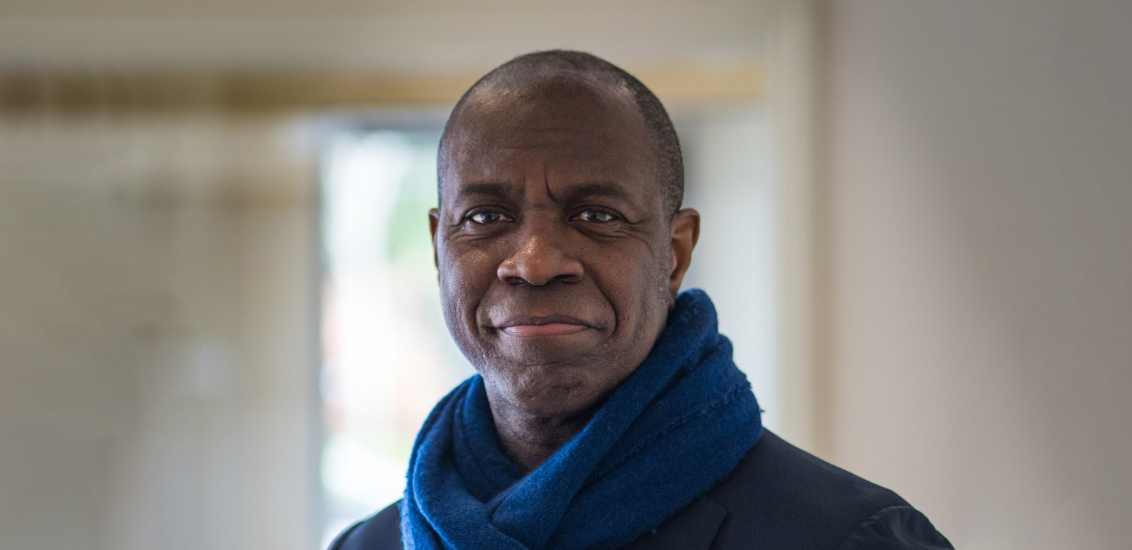Press freedoms victory: UEA Journalism lecturer wins fight for greater transparency in judges’ appointments
By: Communications

A tribunal ruling has delivered a landmark victory for press freedoms, compelling the Judicial Appointments Commission (JAC) to disclose critical records. The decision underscores the powerful role of investigative journalism and the commitment to transparency championed by the University of East Anglia’s (UEA) journalism lecturer, Barnie Choudhury.
The case, brought forward by Eastern Eye, where Choudhury is an editor-at-large, represents a milestone for democracy and accountability. He pursued this legal challenge to ensure information in the public interest was accessible in his dual role as journalist and academic. The tribunal's decision forces the JAC to reveal specimen answers and scoring frameworks from judicial selection exercises, exposing a previously secretive process.
Choudhury said: “I’m fortunate that UEA lets me pursue pioneering journalism in my role as editor-at-large for Eastern Eye, the UK’s biggest south Asian national newspaper. We pursued this legal action because it has implications for press freedoms and will help our two million readers.
"The outcome shows that we need to fight for those who can’t speak out because they’re afraid of being targeted. That’s a cornerstone of democracy and a role of the fourth estate. It’s what we teach our students at UEA Journalism – if you believe in something, be tenacious, resilient, and brave enough to stand for what’s right.”
Barnie Choudhury is an award-winning journalist who worked for the BBC for 24 years. During that time, he helped bring in the Forced Marriage Act (2007) and changed public policy; reported on the first legally recognised honour killing in the UK; forced the government to hold two inquiries into segregated Britain; and helped to promote health equalities for communities of colour.
UEA has consistently demonstrated its leadership in advancing journalism education, blending academic rigour with real-world applications. This victory not only highlights the institution’s expertise but also sets a precedent for journalistic integrity and freedoms. It is a powerful reminder of the role universities play in shaping the future of the creative industries landscape.
Dr Kim Ridealgh (Head of the School of Media, Language and Communication Studies at UEA) praised the achievement: “We’re delighted that Barnie’s secured this victory for press freedoms.
"At UEA, we have cutting-edge technology, cutting-edge research, and cutting-edge practitioners. This means our students are getting the best education possible, and that the next generation of journalists and journalism are in safe hands.”
The tribunal’s decision has wide-reaching implications for aspiring judges and the judiciary, marking a significant step towards transparency and fairness in public institutions.
For more on how UEA continues to lead in journalism excellence, visit the Latest News and School of Media, Language and Communication Studies webpages.
Related Articles

Offended? Not me. How people use denial to appear rational on social media
People often downplay being offended during online arguments to appear more rational, according to new research from the University of East Anglia (UEA).
Read more
UEA lecturer is Norwich’s first Thinker in Residence
A University of East Anglia lecturer has taken up a post in one of Norwich’s most historic buildings as the city’s first ever Thinker in Residence.
Read more
Multi-award-winning journalist Clive Myrie visits UEA for in-conversation event
Learn more about the chance to meet and hear from one of the BBC’s most experienced and recognised news presenters at a special event in May.
Read more